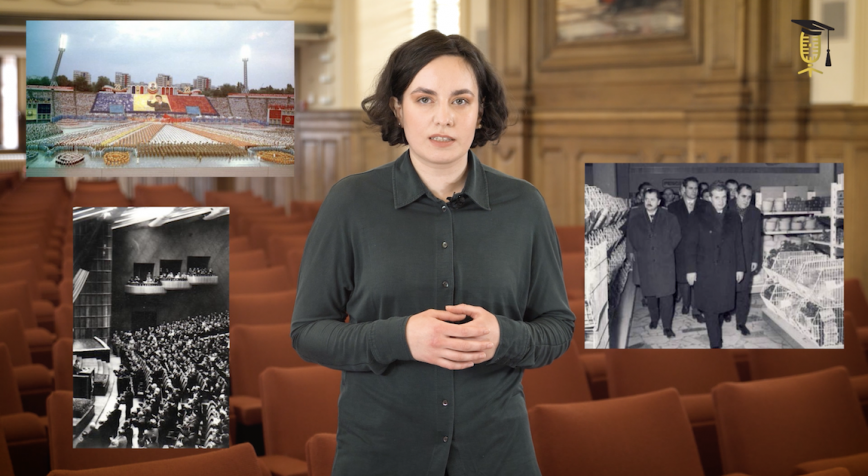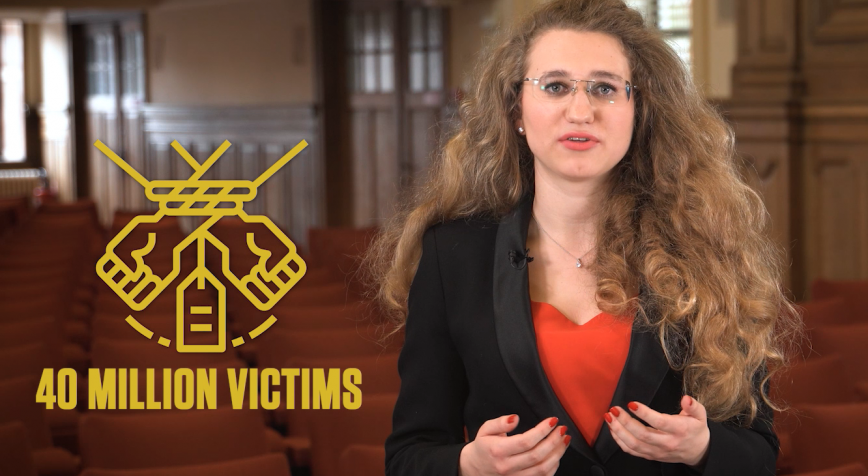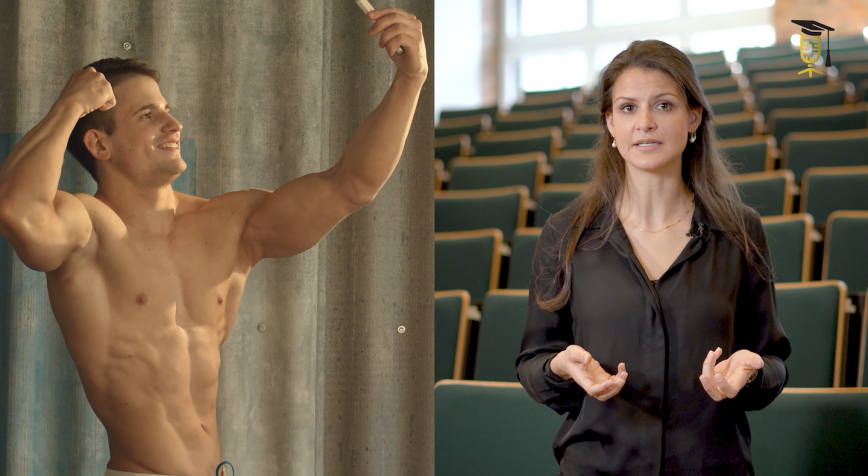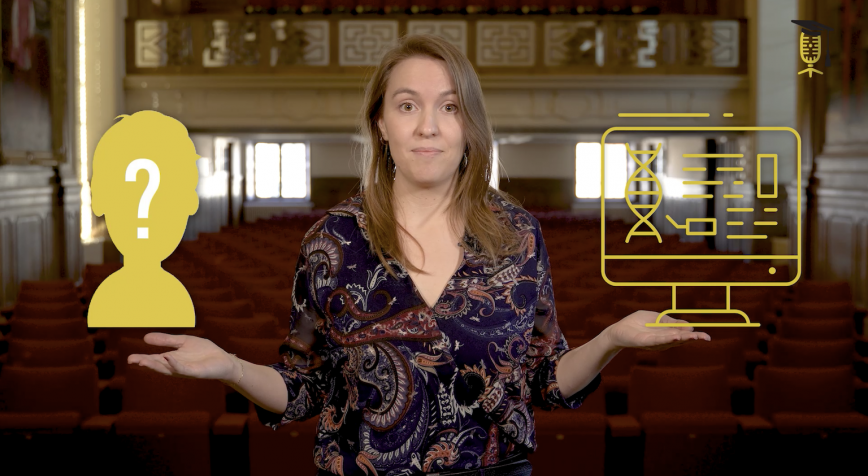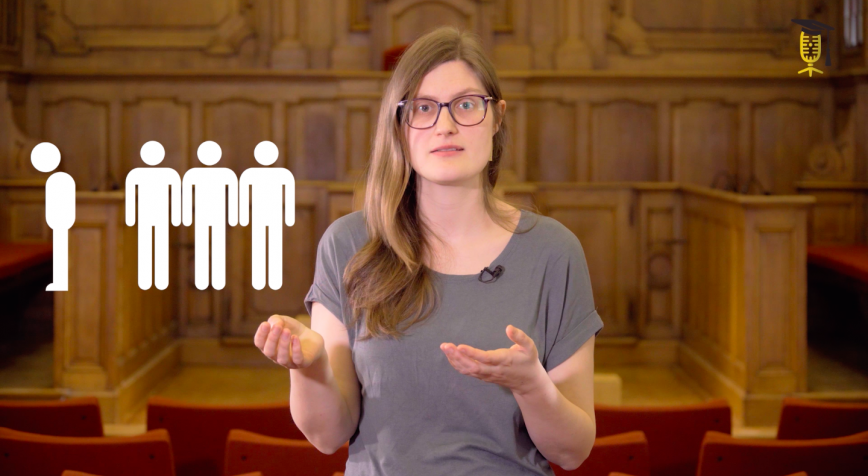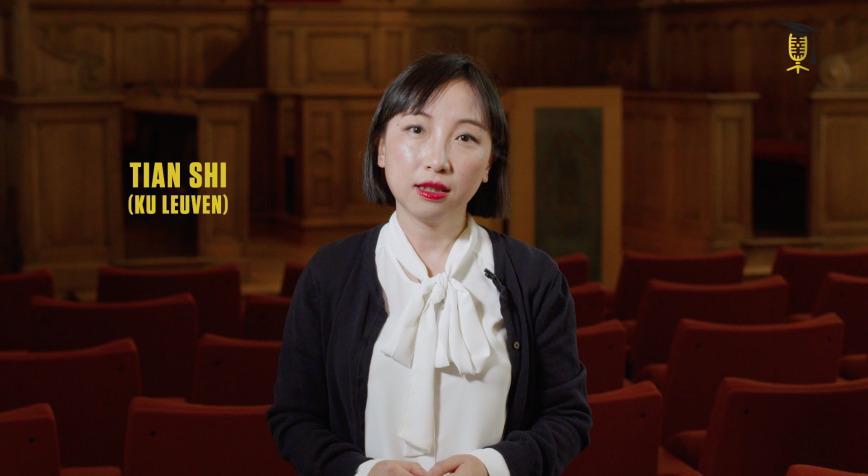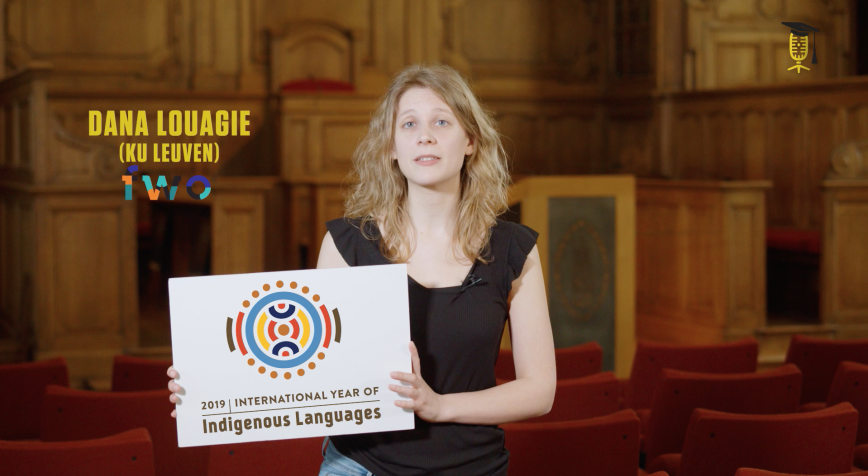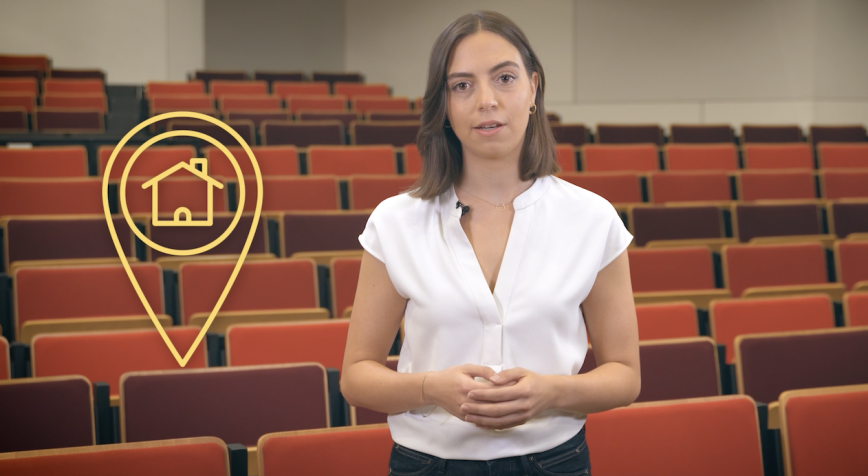
UHasselt
VUB
What is 'home' to older adults with a migration background?
Our ageing population is not only growing but is also becoming more diverse. Labour migrants who came to Belgium last century are part of today's ageing population. Most older adults prefer to live at home for as long as possible, but what is 'home' to older adults with a migration background? To explore this, PhD researcher Micheline Phlix conducted 45 interviews with older migrants.
